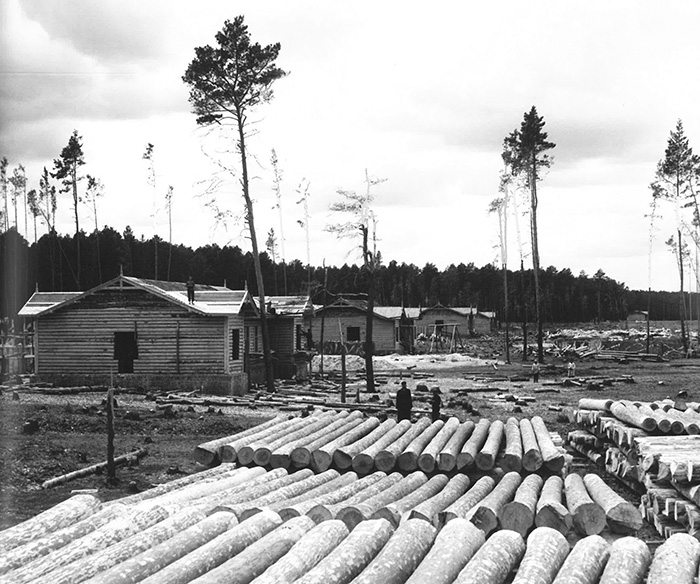Alfred J. Rieber - The Imperial Russian Project: Autocratic Politics, Economic Development, and Social Fragmentation
Here you can read online Alfred J. Rieber - The Imperial Russian Project: Autocratic Politics, Economic Development, and Social Fragmentation full text of the book (entire story) in english for free. Download pdf and epub, get meaning, cover and reviews about this ebook. year: 2017, publisher: University of Toronto Press, genre: Politics. Description of the work, (preface) as well as reviews are available. Best literature library LitArk.com created for fans of good reading and offers a wide selection of genres:
Romance novel
Science fiction
Adventure
Detective
Science
History
Home and family
Prose
Art
Politics
Computer
Non-fiction
Religion
Business
Children
Humor
Choose a favorite category and find really read worthwhile books. Enjoy immersion in the world of imagination, feel the emotions of the characters or learn something new for yourself, make an fascinating discovery.
- Book:The Imperial Russian Project: Autocratic Politics, Economic Development, and Social Fragmentation
- Author:
- Publisher:University of Toronto Press
- Genre:
- Year:2017
- Rating:5 / 5
- Favourites:Add to favourites
- Your mark:
The Imperial Russian Project: Autocratic Politics, Economic Development, and Social Fragmentation: summary, description and annotation
We offer to read an annotation, description, summary or preface (depends on what the author of the book "The Imperial Russian Project: Autocratic Politics, Economic Development, and Social Fragmentation" wrote himself). If you haven't found the necessary information about the book — write in the comments, we will try to find it.
A pioneer in the field of Russian and Soviet studies in the West, Alfred J. Riebers five decade career has focused on increasing our understanding of the Russian Empire from Peter the Great to the coming of the First World War.
The Imperial Russian Project is a collection of Riebers lifetime of work, focusing on three interconnected themes of this time period: the role of reform in the process of state building, the interaction of state and social movements, and alternative visions of economic development. This volume contains Riebers previously published, classic essays, edited and updated, as well as newly written works that together provide a well-integrated framework for reflection on this topic. Rieber argues that Russias style of autocratic governance not only reflected the personalities of the rulers but also the challenges of overcoming economic backwardness in a society lacking common citizenship and a cohesive ruling class. The Imperial Russian Project reveals how during the nineteenth century the tsar was obliged to operate within a changing and more complex world, reducing his options and restricting his freedom of action.
Alfred J. Rieber: author's other books
Who wrote The Imperial Russian Project: Autocratic Politics, Economic Development, and Social Fragmentation? Find out the surname, the name of the author of the book and a list of all author's works by series.

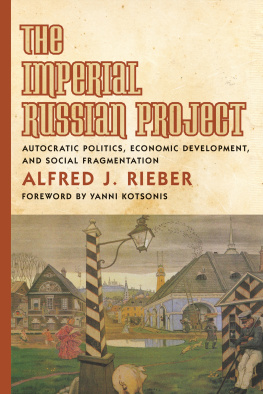
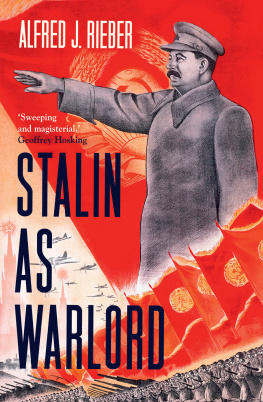
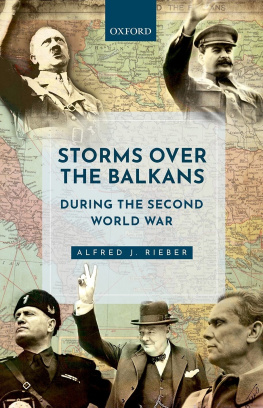
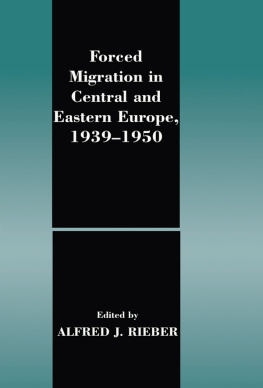
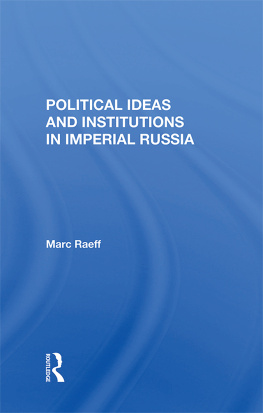
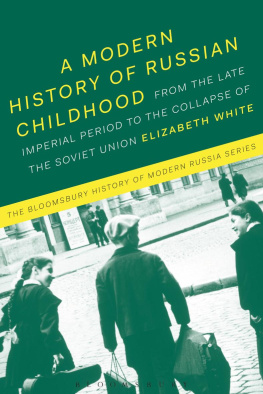
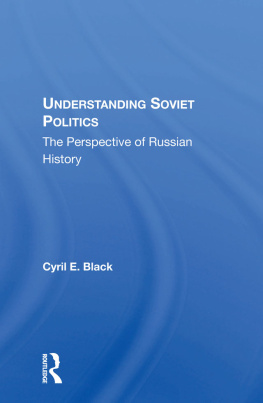

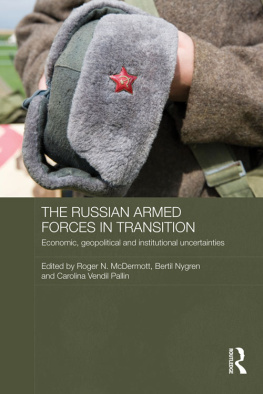
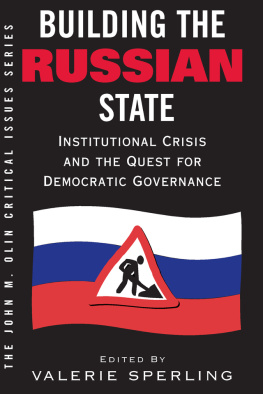
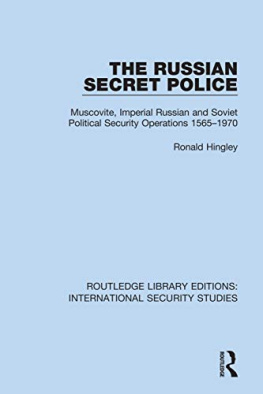
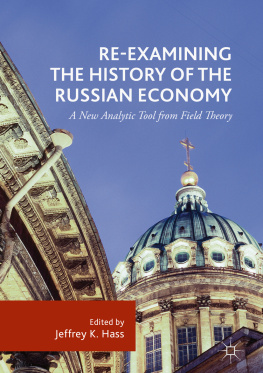
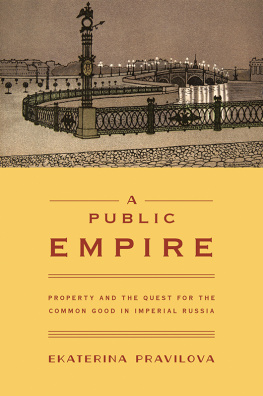

 Printed on acid-free, 100% post-consumer recycled paper with vegetable-based inks.
Printed on acid-free, 100% post-consumer recycled paper with vegetable-based inks.
